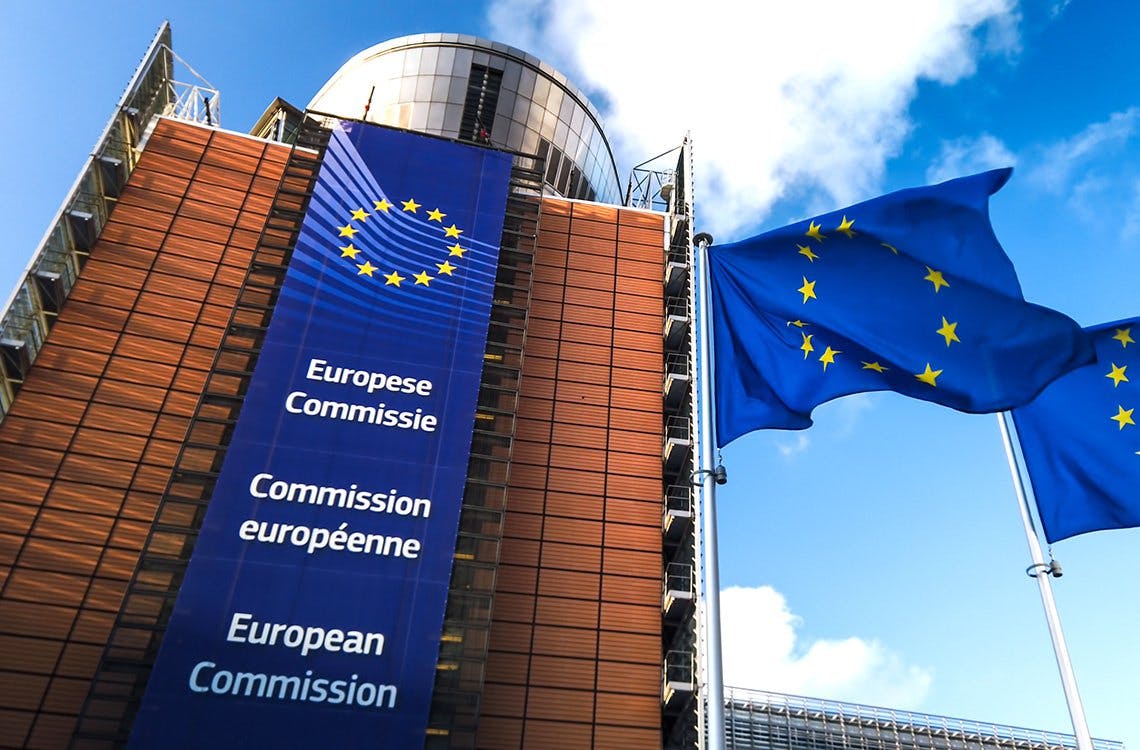
Plans by the European Commission to Limit Cash Payments are Misguided
Today, the European Commission launched the Anti-Money Laundering Directive (AMLD): a key outcome of its action plan for a comprehensive Union policy on preventing money laundering and terrorism financing. Part of the package is a regulation limiting cash payments across Europe to a maximum of 10,000 euros.
Cash Matters fully supports all the measures to fight crime and terrorism announced on 20 July 2021 by the European Commission. However, the introduction of a mandatory cash payment limitation in all EU Member States—an “EU-wide limit of €10,000 on large cash payments”—is misguided and a step in the wrong direction. All existing studies indicate cash is not the culprit when it comes to money laundering and the financing of crime and terrorism.
In his 2017 study “Restricting or Abolishing Cash: An Effective Instrument for Fighting the Shadow Economy, Crime and Terrorism?”, Friedrich Schneider, Emeritus Professor of Economics at the Johannes-Kepler University of Linz, Austria, concludes that limiting or abolishing cash will not prevent terrorism, but will instead severely cap civil liberties.
Cash is neither the motivation nor the reason for shadow economies, crime or terrorist attacks.
In another study–“Keeping Cash: Assessing the Arguments about Cash and Crime”–Dr. Ursula Dalinghaus, Visiting Professor of Anthropology at Ripon College Wisconsin and Affiliated Member of the IMTFI, University of Irvine California, confirms this view.
Curtailing cash will do little when criminals already make use of a diverse portfolio of payment technologies and types.
The study also makes the case for cash being a big help to law enforcement as it is the only surface point for illegal activities. Philippe de Koster of the Belgian Financial Intelligence Unit and Avocat général Cour de cassation Belgium shared this view in his presentation at the ESTA conference in 2019: “Cash is the main indicator of suspicious money-laundering financial activities.”
In her study, Dalinghaus points out that “restricting cash payments entails the criminalisation of legitimate payment activities.” (p. 25)
Cash payment limitations imply everyone using large sums of cash is acting illegally, thereby implicating the overwhelming majority who use it legitimately. Limiting cash will not reduce money laundering and other criminal activities, but will instead displace them, leading to increased use of digital payment platforms.
Looking at the large number of un- and under-banked people in the EU (the latest figure being 139 million from a Mastercard study in December 2016), cash payment limitations will hurt the poorest the most. COVID-19 has already exacerbated the difficulties they face, and for many living in poverty, cash is a lifeline. Placing limits on cash payments will contribute to preventing social and financial inclusion of Europe’s poorest.
In addition, European citizens have made it very clear they do not want limits on cash payments, with 94 percent of respondents being against them in a 2017, EU-wide consultation. If they are now being introduced through a backdoor in the context of the AMLD 6, the Commission would seem to be disregarding the will of its citizens.
Cash payment limitations will have no effect when it comes to the prevention of money laundering and other criminal activities. Instead, they will be harmful, for the reasons outlined. Not the least of the negative effects is another strong signal against physical money in general, which is counterproductive given cash is one of the pillars of any democratic society, and is key to personal freedom and independence.
Further Reading
Why Cash Payment Limitations are Ineffective and Sending the Wrong Message
This document from the Cash Coalition—of which Cash Matters is a member—lays out the primary general and legal arguments against mandatory cash payment limitations.
